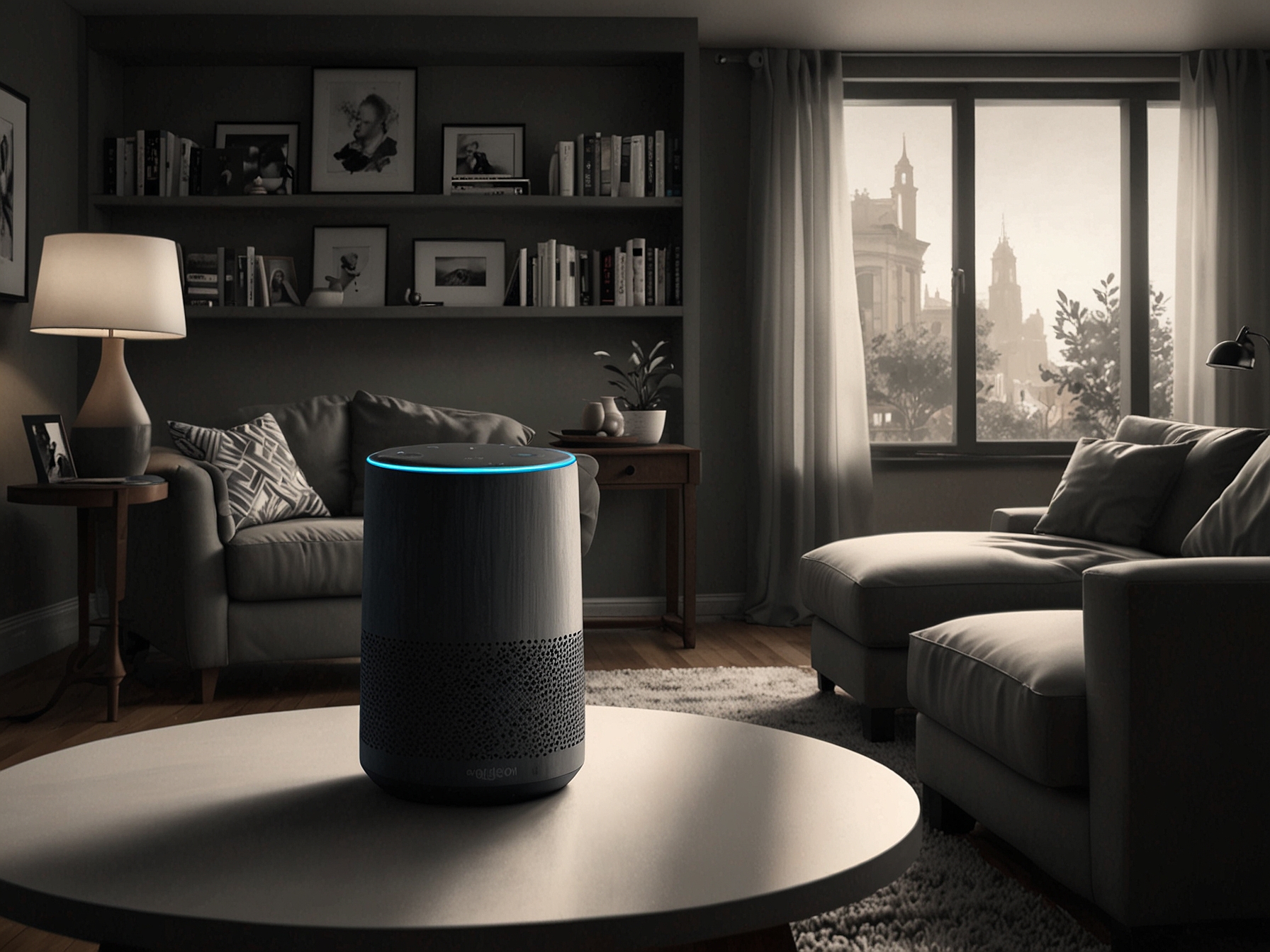The Dilemma of Delayed AI Responsiveness
Have you ever asked your voice assistant something and waited, only to be met with silence or a delayed response? This frustrating experience encapsulates the critical flaws identified in Amazon’s attempt to reboot Alexa. Internal documents reveal that employees at Amazon have noted significant latency issues with the new AI updates. These delays could tarnish a product that many consumers rely on, especially as Amazon strives to remain competitive in the fast-paced world of AI.
Latency is not just a tech term. For users, it can feel like a wall of silence after they ask a simple question. Imagine asking your assistant for the weather and staring blankly for what feels like an eternity. Employees expressed concern over this in an internal memo, stating unequivocally that, “Latency remains a critical issue requiring significant improvements.” This concern is echoed by multiple employees, who anticipate a backlash from customers if these problems persist.

As the race to create superior AI solutions heats up, Amazon can ill afford to overlook these operational hurdles. With competitors like Google and newer platforms such as OpenAI making strides, it seems essential for Amazon to rectify these issues quickly. A swift resolution could potentially transform Alexa from a mere application into an essential tool in every home.
Understanding the Importance of Timely Responses
Why does this latency matter? For many consumers, voice assistants are about convenience. If they can’t get quick answers, will they still trust the technology? When users are met with delays, frustration can lead to disengagement. A significant problem arises when customers move on to more efficient options. Consumer loyalty is fragile; it can easily break if they feel let down by a product.
Furthermore, the potential impact on sales of Amazon’s Echo devices is substantial. The updated version of Alexa could supercharge sales, but only if it can entice users to adopt it. A well-performing assistant could open the door to exciting new subscription services. But this might not happen if latency issues haunt the release. After all, could you imagine subscribing to a service that just doesn’t work?
Reflections on Amazon’s Competitive Landscape

The stakes are high for Amazon. As the company seeks to dominate the consumer AI landscape, the new Alexa is seen as a barometer for its overall success. Observers have noted that Amazon is trailing behind companies with more seamless AI experiences. A misstep here could mean not just losing market share, but losing the confidence of the consumer. It’s not hyperbole to say that every delay could be a blow to Amazon’s reputation.
Moreover, the documents provide a peek into other challenges tied to the rollout. Testers reported disappointing satisfaction scores, raising questions about user experience. Will older Echo devices be obsolete with the new AI? Such concerns could alienate a substantial user base, exacerbating the challenges Amazon faces.
Grappling with High Expectations
Consumer expectations for AI technology continue to rise. We are living in an age where immediacy seems mandatory. The notion that users will accept slow responses simply won’t fly. As companies like Apple and Google push the envelope, users expect not just answers, but dependable, swift responses. What does this all mean for Alexa?

Imagining your digital assistant as a reliable partner is crucial. When it falters, trust erodes. That’s why addressing latency—and doing so now—may be the difference between success and failure in a competitive tech landscape. If Amazon can turn things around, the potential for increased sales and consumer loyalty could be significant.
Navigating the Future of AI
Looking ahead, the future of voice technology hinges on improving user experience. Amazon’s ability to listen to feedback and implement those changes matters immensely. Pictures of a sleek, responsive digital assistant will keep customers engaged.
Through this lens, the upcoming Alexa update feels not just like a project but a pivotal moment for Amazon. Will it reclaim its position among the giants of tech? Or will it be the cautionary tale of what happens when innovation stalls due to challenges like latency? As we ponder these questions, we’re reminded of the vital role technology plays in our daily lives. The pressure is on for Amazon, and the world is watching.




